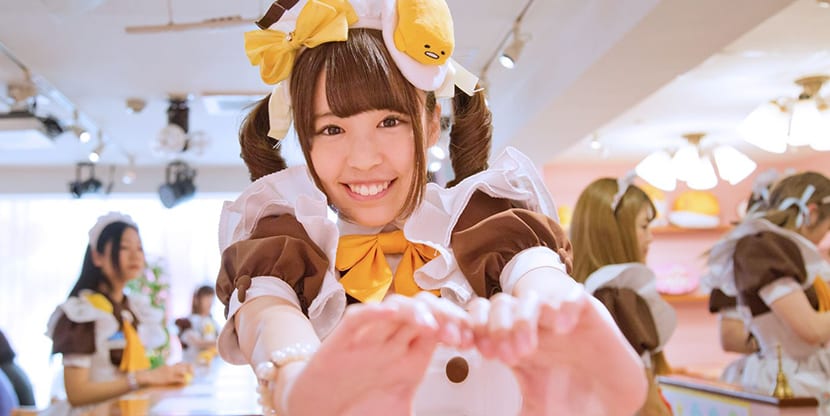
Japan It is my favorite vacation destination and I never tire of traveling whenever I can, which, thank goodness, it often is. Every trip I discover new things, although I really should live there for a long time to understand everything I see, everything I hear, everything I experience.
La Japanese culture it is quite particular and without a doubt sometimes one ends up thinking that the Japanese are going against certain universal issues. But that's the way the world is! Huge, diverse, as rich as the number of people who inhabit it. I think that is precisely what all of us who travel to Asia like: cultural distance, experiencing the enormity of the world.
Japanese culture and etiquette
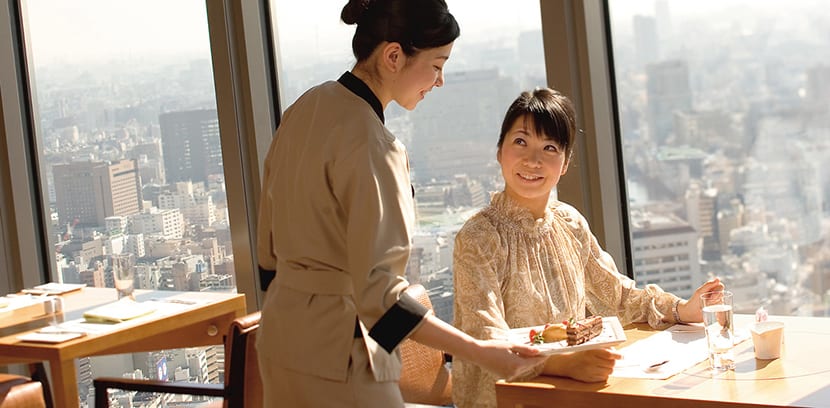
We can basically talk about the custom of Take off your shoes, bow, and don't tip. These questions are always on the lips of those who return from a trip to Japan.
For the tourist it is a pleasure to find out that in Japan it is not customary to leave a tip. Goodness! Tipping is not left in any of those places where one is used to doing it: restaurants, for example. The Japanese are excellent in customer service so wherever you go, to a super restaurant or a mini market in town, the treatment is always respectful. The concept is that they already have a salary so no tips. There is no such thing as considering that potential tips are part of the salary, as in the West.
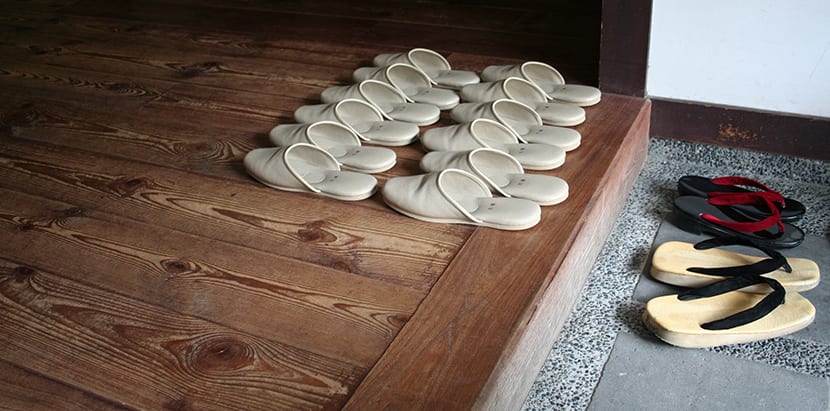
Take off your shoes it's lovely ... until you do it five times a day. In the hotel, in the temple, in some restaurants, in the store's dressing room… Yes, even to try on clothes that you are going to buy it is necessary to take off your shoes. In summer, everything is fine, in winter ... The tradition is ancient and the idea is not to enter the dirt from the outside into the houses that, in the past, had a floor of tatami
In the temples and restaurants there are even lockers to leave your shoes and in return you receive slippers. Personally, I don't like wearing other people's slippers, but in Japan there is no other.
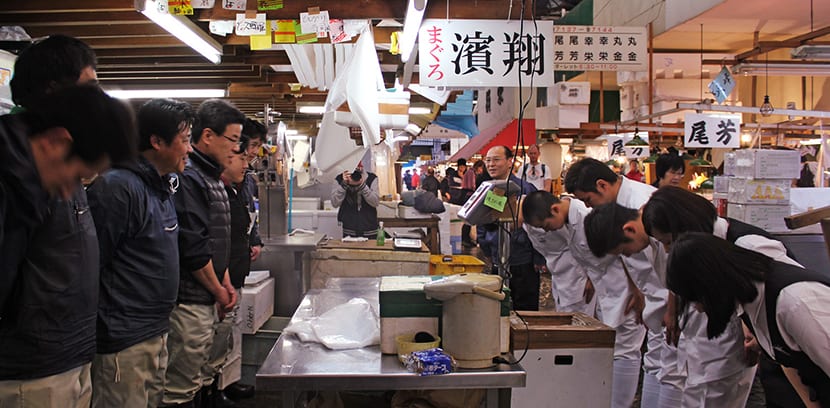
Finally in matters of etiquette we have the consecrated reverence. No greetings that include physical contact and bowing worth as much as to say hello or goodbye. Bowing implies respect or gratitude And there are different angles: the lower, the more the respect that is transmitted or the forgiveness that is requested. A short, brief bow is enough to greet each other among strangers.
In the case of entering a store or a restaurant, they will always receive you with a bow, you are respected as a customer, but it is not necessary for you to return it. If you return it, expect another in return. Let's say that to be a tourist we can make use of the 15th bow. It's great for us.
Otaku culture
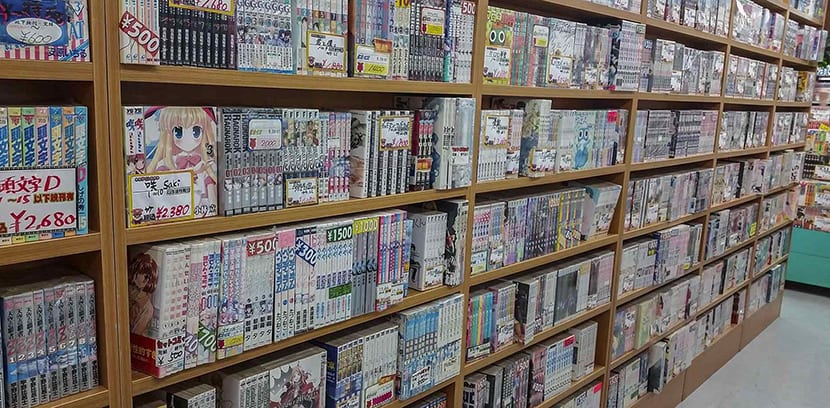
Japanese culture has become popular around the world for two of its artistic productions: the manga (the Japanese comic), and the anime (Japanese animation). If everything was born with Astroboy more than 60 years ago, today the otaku culture is still valid with Attack of the Titans, Death Note or Tokyo Ghoul, for example.
But for older tourists it is impossible to forget Sailor Moon, Knights of the Zodiac, Macross, Evangelion, Dragon Ball and the wonderful movies of genius Miyazakai hayao.
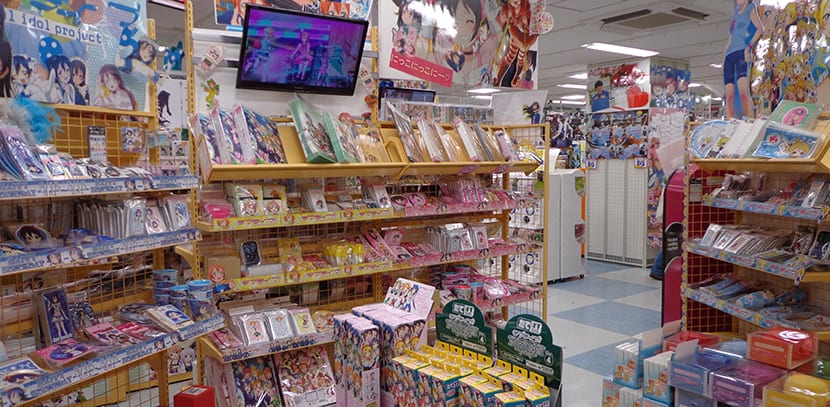
Even if you don't know Japanese, visiting a Japanese bookstore is beautiful: silence, windows full of colorful books, a multitude of manga. A beauty, an otaku temple without more. There is also the neighborhood of Akihabara what is for otakus and gamers. There are many high rise buildings with many mini stores where you can buy all the merchandising that you can think of old series and of the moment.
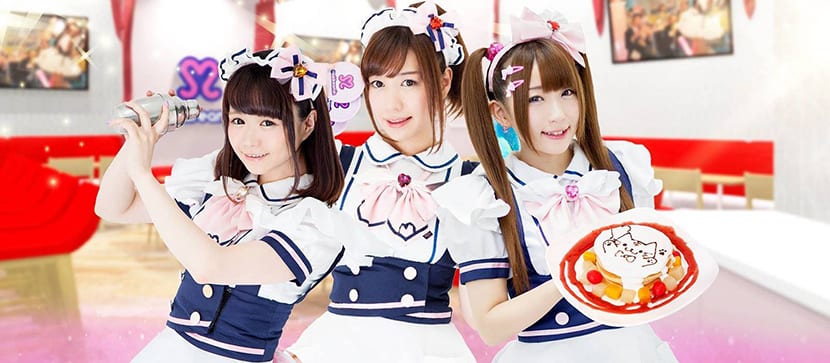
Manga and anime are everywhere, on signs, advertising videos. The truth is that for an otaku Japan is EL destiny.
Japanese culture and society
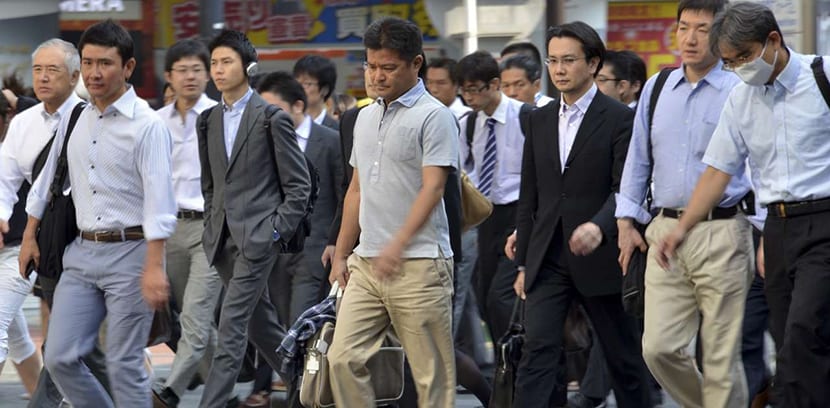
When you think of countries like those of Latin America where miscegenation is important, you immediately notice that Japanese society is different because has not had so much immigrationn. Economic growth and its need for labor have covered it with the entry of women into the labor market, for example, and with mechanization in its factories, but it has not had an immigration wave from neighboring countries.
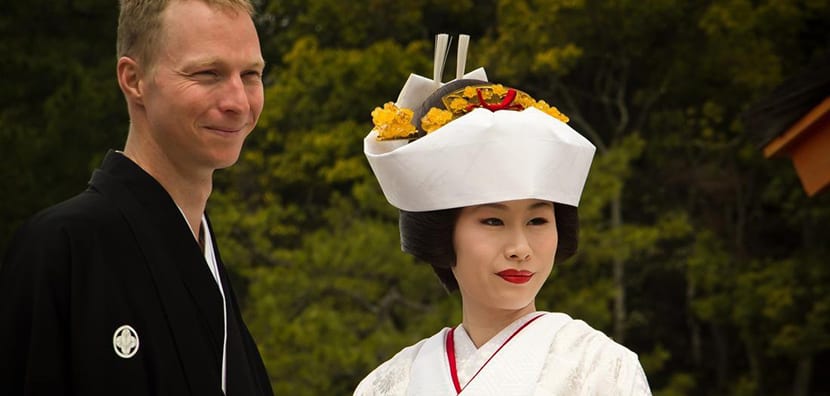
Japan has always had a certain motto: One nation, one race, but since the turn of the century that idea is no longer supported and it is accepted that Japanese society is not homogeneous. In fact, if one knows about Japanese history, it never has been because the Ainu people of the north are indigenous and those of Okinawa belonged, the Ryukyukan people, to a different kingdom until the colonization of the Japanese. Denial of different ethnic groups has been strong in the country and in fact, it was not until 1994 that an Ainu politician achieved a place in the Japanese Diet.
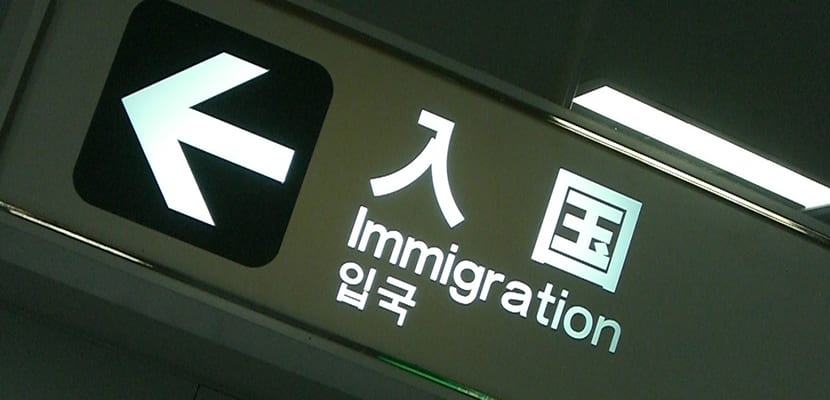
But have the Japanese ever emigrated? Of course, everyone before and after WWII. Today the Japanese communities in the United States, Peru, Brazil and Argentina are among the largest in America, for example. But it has not been a permanent immigration, as could be the Chinese. According to the last census there are about 750 thousand Japanese of mixed blood in the country and a million and a half foreign residents (Chinese, Koreans, Filipinos and Brazilians).
If you only go to Tokyo today you will see foreigners everywhere, businessmen and women and English teachers, but if you travel more in the interior the number of Caucasians or blacks decreases. In short, when you go to Japan you will live all these experiences: they will smile at you non-stop, they will bow to you, you will never leave a tip, you will live the otaku culture, you will take off and put your shoes on all the time and you will have a great time. So much that you will want to return.